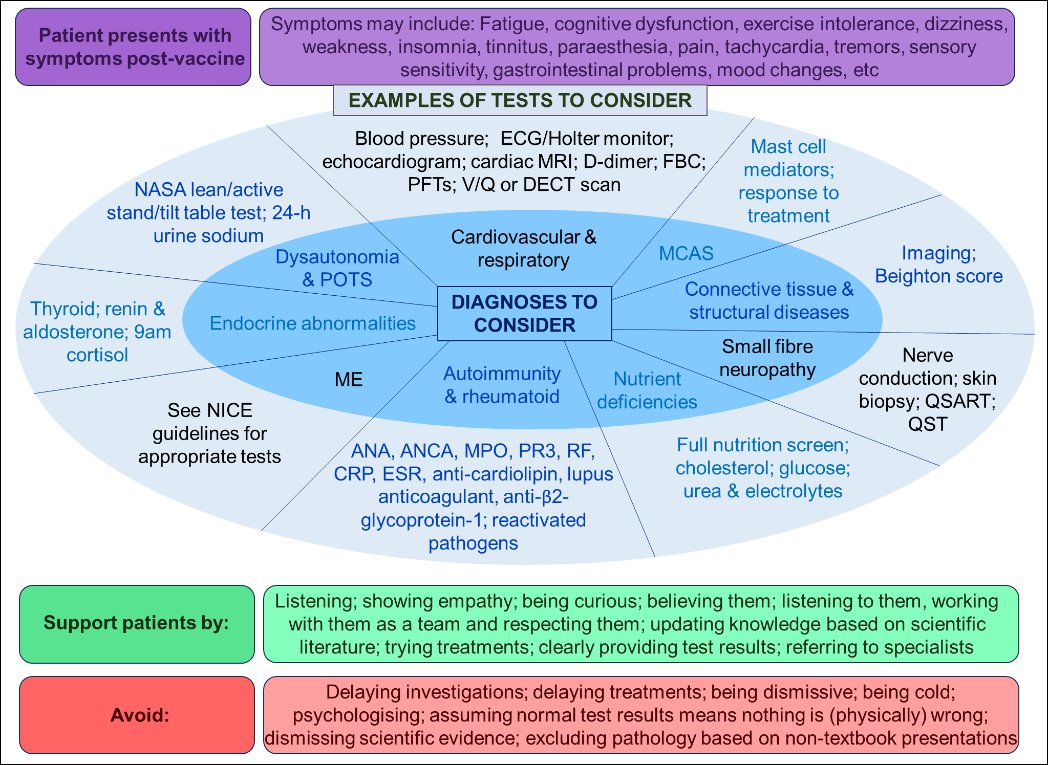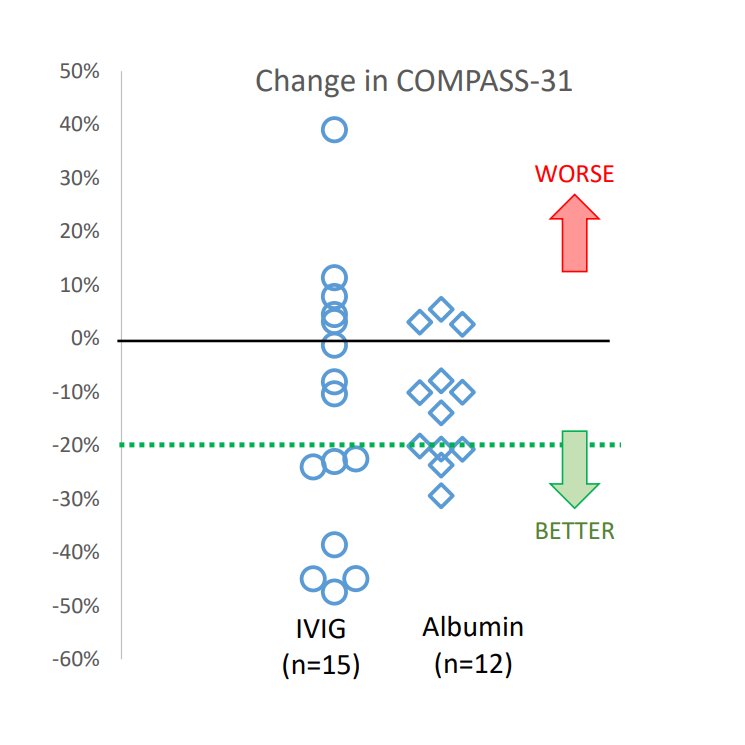I'm very excited to announce that our survey data have now been published on a preprint:
Characterising long COVID-like COVID-19 vaccine reactions
I've already summarised key findings in the thread below 👇🏻
#postvac #vaccineinjuries #medtwitter zenodo.org/records/105820…

Characterising long COVID-like COVID-19 vaccine reactions
I've already summarised key findings in the thread below 👇🏻
#postvac #vaccineinjuries #medtwitter zenodo.org/records/105820…
https://twitter.com/angryhacademic/status/1553025222332268544

Summary of key findings:
- Patients often had a high symptom burden
- Most tests came back normal, especially for mRNA recipients
- #MCAS and #POTS targeted therapies generally seemed most effective with few side effects
- Experience of healthcare was poor
- Patients often had a high symptom burden
- Most tests came back normal, especially for mRNA recipients
- #MCAS and #POTS targeted therapies generally seemed most effective with few side effects
- Experience of healthcare was poor
We also ran some cluster analyses to see if we could identify patients with similar symptoms and link these to other things like test results. Unfortunately we did not find any notable clusters; possibly because the sample is too small, and/or because the disease is heterogeneous
HUGE thanks to all who participated - we appreciate this took significant effort.
Thanks to @dylanarmbruste3 for help with some coding and all others involved @ukcvfamily
The qualitative analysis paper has been drafted and we hope to get that out as soon as possible.
Thanks to @dylanarmbruste3 for help with some coding and all others involved @ukcvfamily
The qualitative analysis paper has been drafted and we hope to get that out as soon as possible.
Thank you also to @react19 for sharing the survey, please do theirs too!
They are hoping for a larger sample so hopefully will find better trends. We have also been sicker longer so may have better diagnoses/tests than when we did our surveyreact19.org/study
They are hoping for a larger sample so hopefully will find better trends. We have also been sicker longer so may have better diagnoses/tests than when we did our surveyreact19.org/study
Please note that we do not make any conclusions pertaining to the general safety of vaccines, but are solely focused on those who experienced chronic reactions
Finally, apologies this took so long to complete. My health kept declining which delayed things!
cc: @VirusesImmunity @resiapretorius @dbkell @DrAnnaNZ @doctorasadkhan @irish_cv_clan @scottish_vig @CoVerseAU @BrianneDressen @Charletukcvfam @Sunny_Rae1 @drclairetaylor @cazd45
Thanks to @NHSGrampian for providing funding thru their Endowment Fund for survey software
#TeamClots
Thanks to @NHSGrampian for providing funding thru their Endowment Fund for survey software
#TeamClots
@React19org sorry I stuffed up tagging you 🙈
• • •
Missing some Tweet in this thread? You can try to
force a refresh





